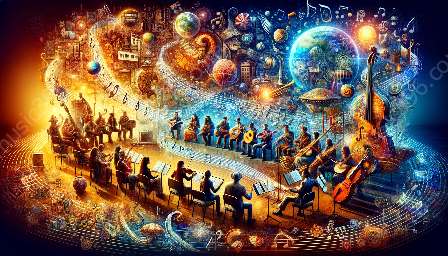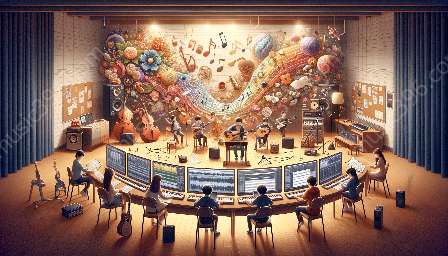Music education is a powerful tool for nurturing talent and fostering inclusivity, particularly when it comes to individuals with special needs. Through adaptive teaching methods and a personalized approach, music educators can create meaningful and transformative experiences for students, enabling them to explore their musical abilities and find their unique voice within the rich tapestry of music and culture.
Understanding the Impact of Music Education
Music education plays a crucial role in nurturing creativity, cognitive skills, and emotional well-being for individuals with special needs. Through structured learning experiences, students can enhance their communication skills, improve motor coordination, and develop a deep sense of self-expression.
Adaptive Teaching Methods
When catering to the needs of students with special needs, music educators employ adaptive teaching methods that emphasize flexibility and personalized support. This approach enables students to engage with music in a way that is tailored to their individual strengths and challenges, fostering a sense of empowerment and accomplishment.
Creating Inclusive Learning Environments
Inclusive music education environments promote a sense of belonging and acceptance for students with special needs, providing them with opportunities to showcase their talents and collaborate with their peers. By embracing diversity and celebrating individual differences, these environments foster a culture of empathy, understanding, and respect.
The Intersection of Music, Education, and Culture
Music and culture are deeply intertwined, reflecting the diverse expressions of humanity and shaping identities across the globe. When individuals with special needs engage in musical learning experiences, they not only enrich their own lives but also contribute to the vibrant tapestry of cultural diversity.
Empowering Through Music
Music has the power to empower individuals with special needs, providing them with a platform for self-expression, creativity, and personal growth. By embracing the unique talents and perspectives of these individuals, music education becomes a catalyst for positive social change, fostering a culture of inclusivity and understanding.






















